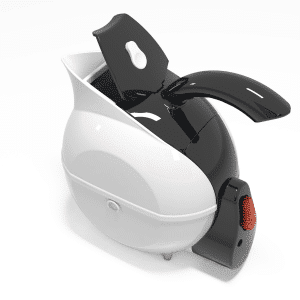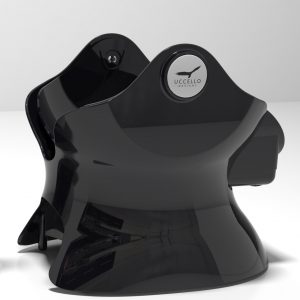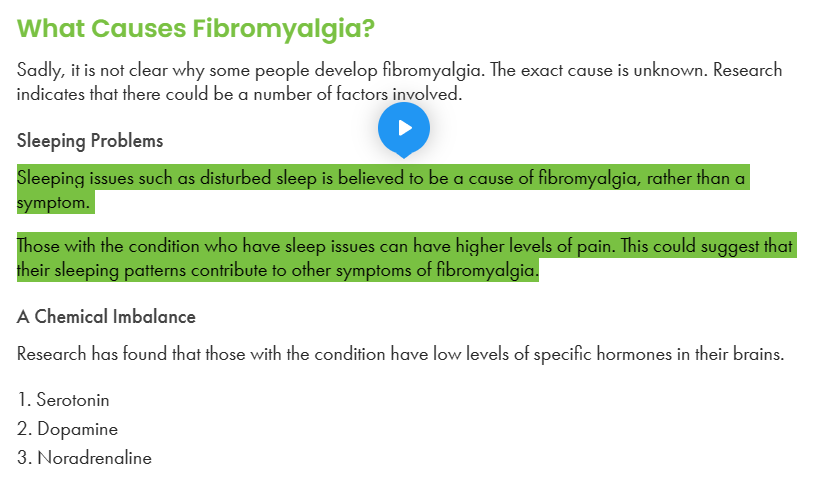]Everyone, both able-bodied and disabled should benefit from the advantages of practicing sport.
People with disabilities are faced with barriers every day. They wish to be involved in sport, but a wide range of barriers prevent them from partaking.
Typical barriers for disabled people:
- Lack of awareness on the part of people without disabilities as to how to involve them in teams adequately.
- Lack of opportunities and programs.
- Too few accessible facilities because of physical barriers.
- Limited information on and access to resources.
- Limited coaches.
- Negative self-image/lack of confidence.
- Low income levels, therefore they cant afford the costs of participation such as membership fees.
- low levels of media coverage/few role models to aspire to, this leads to a lack of information available.
Opportunities Given By Inclusive Sports:
Through sport, persons with disabilities acquire:
- Vital social skills.
- Develop independence.
- Become empowered to act as agents of change.
- Sport teaches individuals how to communicate effectively as well as the significance of teamwork and cooperation and respect for others.
- Involvement in sport influences general well-being and personal development.
- Exercise reduces the negative perceptions associated with disability. It can transform community perceptions about people with disabilities therefore highlighting their abilities and decreasing the perception to see the disability instead of the person.
- Accessing Sport and recreation gives people the confidence to take on other activities.
Disability sports should be totally inclusive. With disability sport, it can be seen as a separate disability activity, but inclusive sport is something you can take part with your friends and family.
Should you or someone you care for need a helping hand in the kitchen, try out our Uccello Kettle. The safe and easy pour kettle tipper.













Leave a Comment